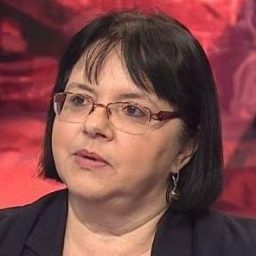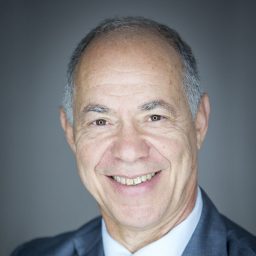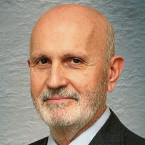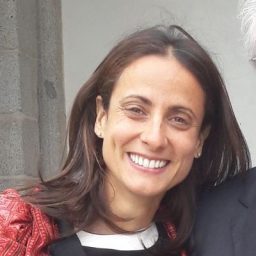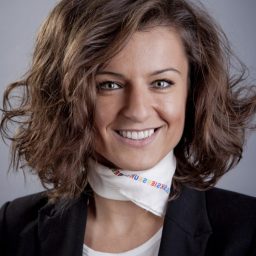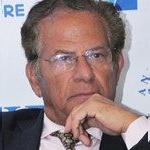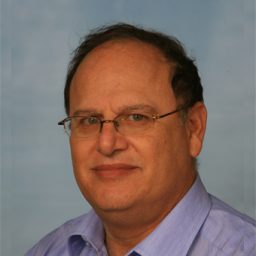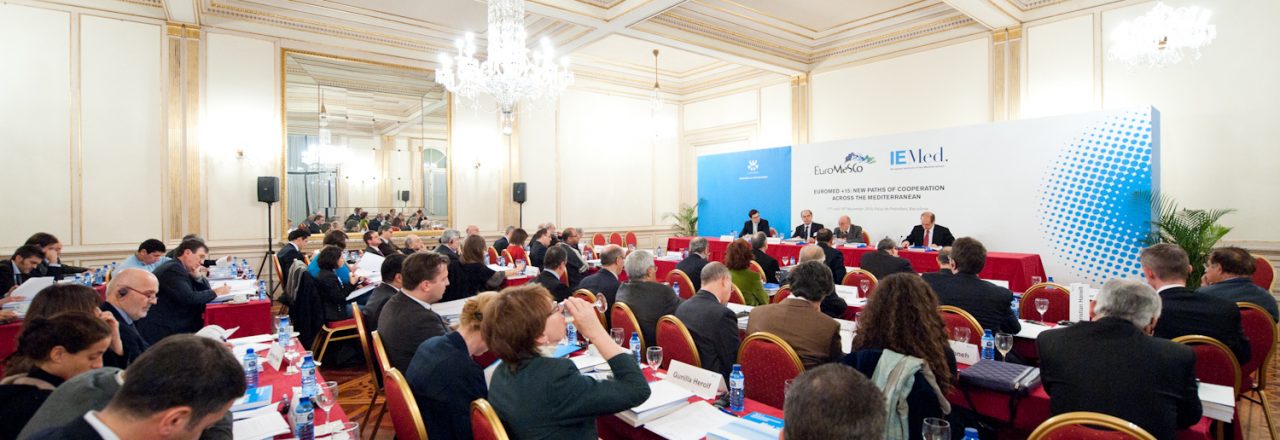
Conference
Euromed +15: New Paths of Cooperation Across the Mediterranean
On the occasion of the anniversary of the 1995 Barcelona conference, the main network of think tanks on politics and security in the Mediterranean gathered in Barcelona to discuss the future of Euro-Med relations.
The conference was structured around four themes. The participants discussed the coordination between various frameworks of cooperation in the region
While the ENP, despite unsatisfactory results, is working, the UfM has yet to take off, having proved vulnerable to political differences and outstanding conflicts. In addition, while the UfM and the ENP are understood as two components of the same process – the Barcelona process – the coordination between and leadership over them, is unclear. In this context of institutional confusion, how precisely is the ENP-UfM policy framework working? What are the prospects of the Barcelona process, understood as a coherent process leading to Euro-Mediterranean cohesion?
Thanks to the doubled hated role of the High Representative/Vice-president of the Commission and the establishment of the European External Action Service, the Union is expected to develop a more effective foreign policy in the Mediterranean and the Middle East. How are these institutional changes within the EU expected to impact upon the EU’s foreign policy in the region? How instead are these institutional developments likely to influence the policy practice underpinning the EU’s CFSP in the region? In particular, how are these changes likely to influence the EU’s objectives and guidelines with regard to regional conflicts, first and foremost towards the Israeli-Palestinian conflict?
The geopolitics of the Mediterranean and the Middle East is being altered by important changes: the enhanced roles of Turkey and of the Gulf Cooperation Council countries in both the Mediterranean and the Middle East; the influence of Iran in the Near East; and the presence of new actors from far a field, such as China, South Korea and India. How are the EU and its Euro-Med partners reacting to these geopolitical alterations in the region? Is this geopolitical evolution having an impact on the Euro-Mediterranean concept? Is it inducing the EU to engage more actively in the Middle East or leaving the way to the growing influence of other external players? Are the EU and its Euro-Med partners likely to cooperate or conflict with other external actors in the region, and if it is likely to seek cooperation what form might this take?
Beside the continuation of the EU’s long-standing programmes aimed at fostering development, liberalization and reforms, the UfM has launched a programme of big common projects with regard to infrastructures and key developmental sectors, such as education and the role of the SMEs in the Southern Mediterranean economies. These big projects respond to the need to increase regional cohesion but also to respond to globalization. Linked to these projects is the need for more security, especially as far as energy is concerned. Does the UfM as a “union of projects” fit with the objective of development and security set by the EU and other Mediterranean and Middle Eastern partners? Which sectors should be targeted (agriculture is curiously neglected) by this new mode of economic and development cooperation? May the UfM’s big projects offer a way to cooperate with the new actors emerging in the region?




